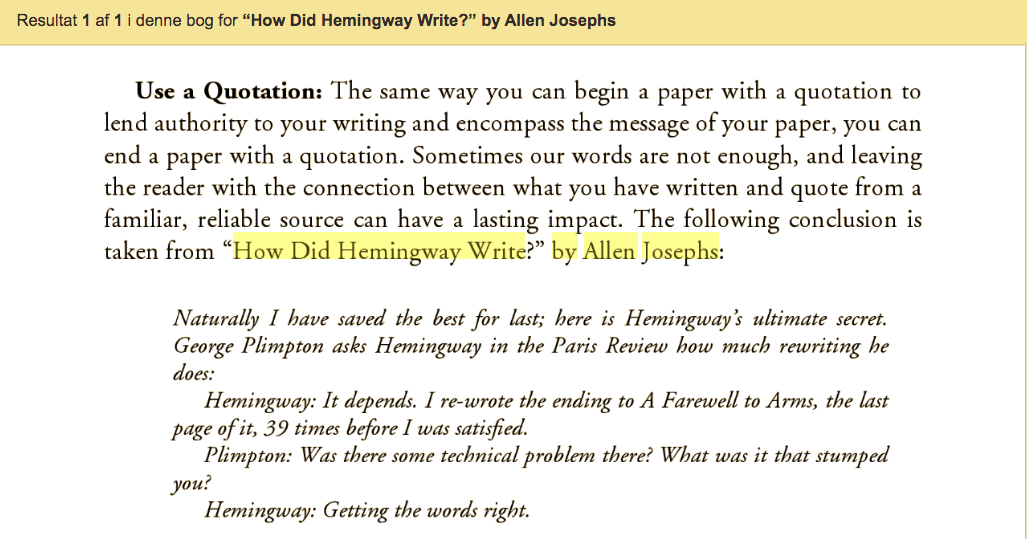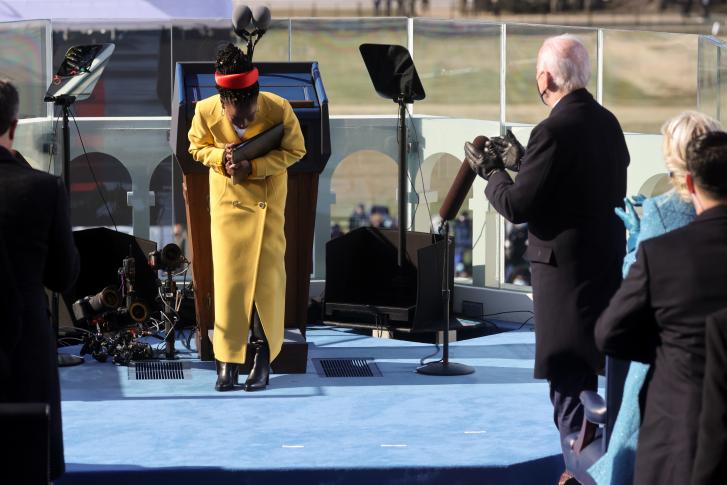largely
= mostly
= in most parts
= more or less all parts
= almost all parts
= nearly everything
= all but very few things
= all but a few as yet unmentioned things of relevance to disagreement
= we are not really talking agreement here, but relevant disagreement as yet unresolved
= please understand that we have important things to talk about
= actually, screw blue, read my need
= I want red
= give me RED!

—
Sources:
https://en.wikipedia.org/wiki/Finnish_Socialist_Workers%27_Republic#/media/File:Socialist_red_flag.svg
https://en.wikipedia.org/wiki/The_finger#/media/File:Emoji_u1f595.svg



